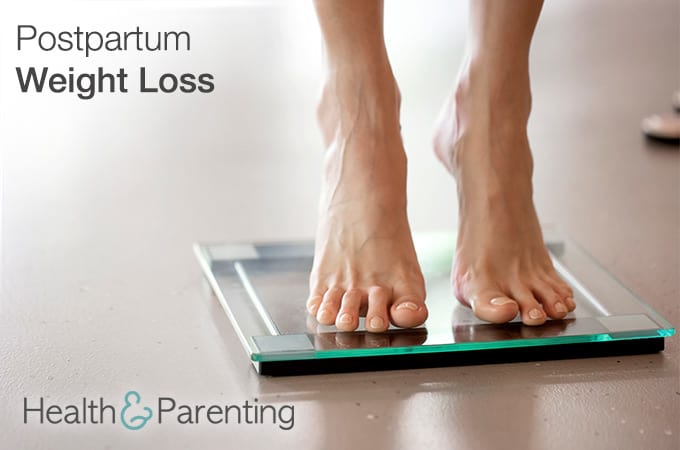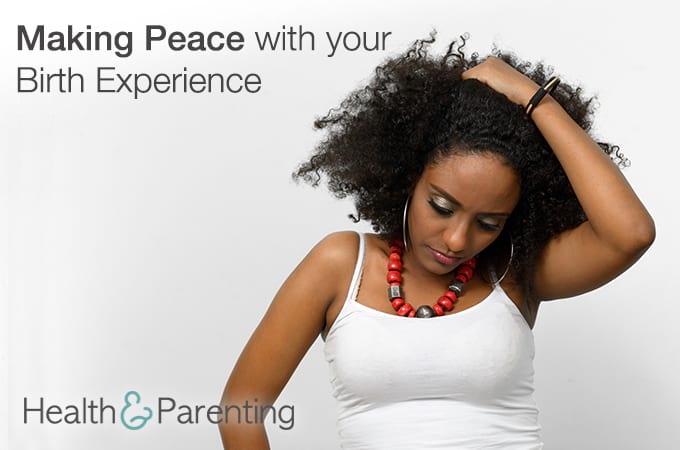You’ve installed the car seat, and assembled the crib, changing table, swing, stroller, and more. You have washed all of the onesies and sleepers, and have stocked up on diapers. Now what? What else can you do to prepare for your baby’s arrival?
Try this exercise:
Draw a circle on a sheet of paper and divide it into 24 slices. Now think about all the ways you spend your time each and every day. Eight hour workday? Shade in eight slices of pie. An hour of commuting to and from work? There’s another slice. A regular eight hours of sleep – shade it in. Showering, doing your hair and make-up, fixing meals, exercising, housekeeping, etc. Consider all the ways you spend your time and record them on your pie chart. Ask your partner to do the same on his own pie chart.
Now imagine life with a baby. How much time will baby care take? If this is your first baby, you may not have any idea. Take infant feeding, for instance. If you’re breastfeeding, expect your newborn to eat 8-12 times each day (maybe more!). If he’s eating 12 times a day, and each feeding takes on average 30 minutes (and that’s the low end of average), you’ll be spending 6 hours a day on feeding. Even if you’re formula feeding, preparing bottles, cleaning them, and actually feeding baby takes time, too. How will your pie chart need to change to accommodate this? What about diaper changing? Expect to change a diaper with every feeding – if you figure 12 per day at 5 minutes per change (once you get good at it), that’s another hour there. Add in clothing changes, comforting, putting baby to sleep, burping, etc. and add that all to your pie. How will baby care fit into your life?
Discuss this exercise with your partner, and work on a system for who will do what and when. If you’re over your allotted 24 hours for the day, something’s got to give. Can your partner take over some duties? Can you forego some daily activities? Think about what will be essential in the beginning – sleep and food (for baby and for you!). Pare down your day to these activities.
Sleep deprivation is the number one hurdle all new parents face. Babies sleep a lot, but they wake a lot, too, and at the most inconvenient times (like at night when you’re trying to sleep). While you may be mentally prepared for this – everyone tells you it’s coming – the reality can be quite challenging. Try to sleep – or at least rest – when baby sleeps. Limit visitors in the early days, and ask those who stop by to give you a hand with a load of laundry or the dishes in the sink. Eat well, drink enough water, and exercise daily – these will help minimize the effects of the lack of sleep. Most of all, keep in mind that all babies wake often, and that it’s a protective mechanism they will grow out of when they are developmentally ready.
Consider the first three months with a new baby your 4th trimester. Your baby will appreciate a womb-like environment: low lighting, warmth, being near mom, and feeding on demand. By meeting these needs, your baby will have a sense of security. But caring for your baby this way will also help you learn to parent. You’ll learn all of your baby’s subtle cues, his likes and dislikes, and more. You’ll ease into parenting gently. Keep in mind that you will need time to recover, too. So allow the 4th trimester to be your time to recuperate. Lower your expectations, and let go of the to-do list. Enjoy your baby, and be gentle on yourself as you learn to mother.
Enjoyed this article? There are lots more interesting articles and tools in our new follow-on App Baby+ for iPhone / iPad or Android. Click Baby+ iOS or Baby+ Android to install the App, and prepare for the arrival of your little one(s).
What tips do experienced moms have for those who are having their first baby?
Written by Michelle: lactation consultant, childbirth educator, writer, editor, and mother to 4 busy kids
This information is not intended to replace the advice of a trained medical doctor. Health & Parenting Ltd disclaims any liability for the decisions you make based on this information, which is provided to you on a general information basis only and not as a substitute for personalized medical advice. All contents copyright © Health & Parenting Ltd 2018. All rights reserved.














